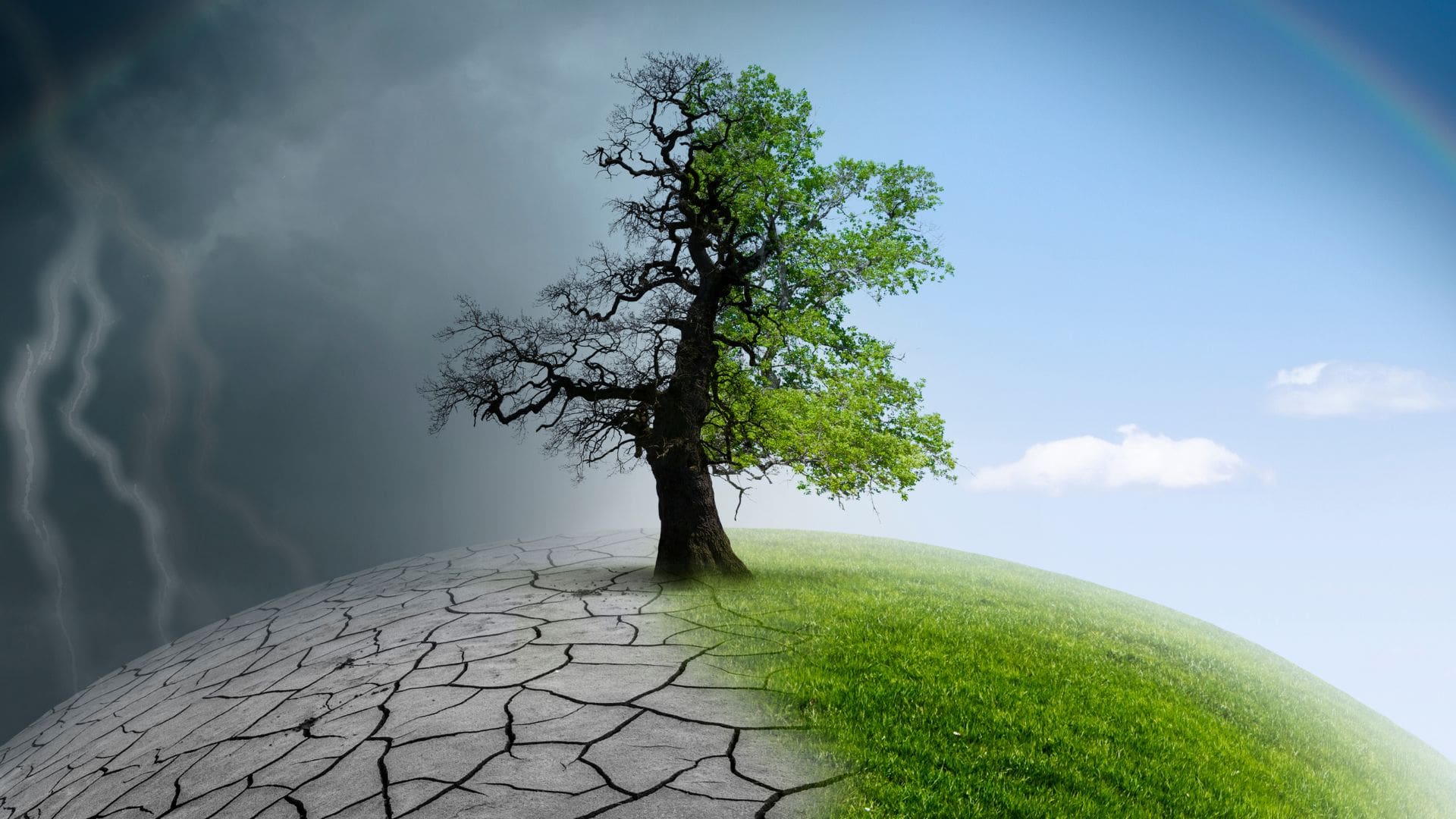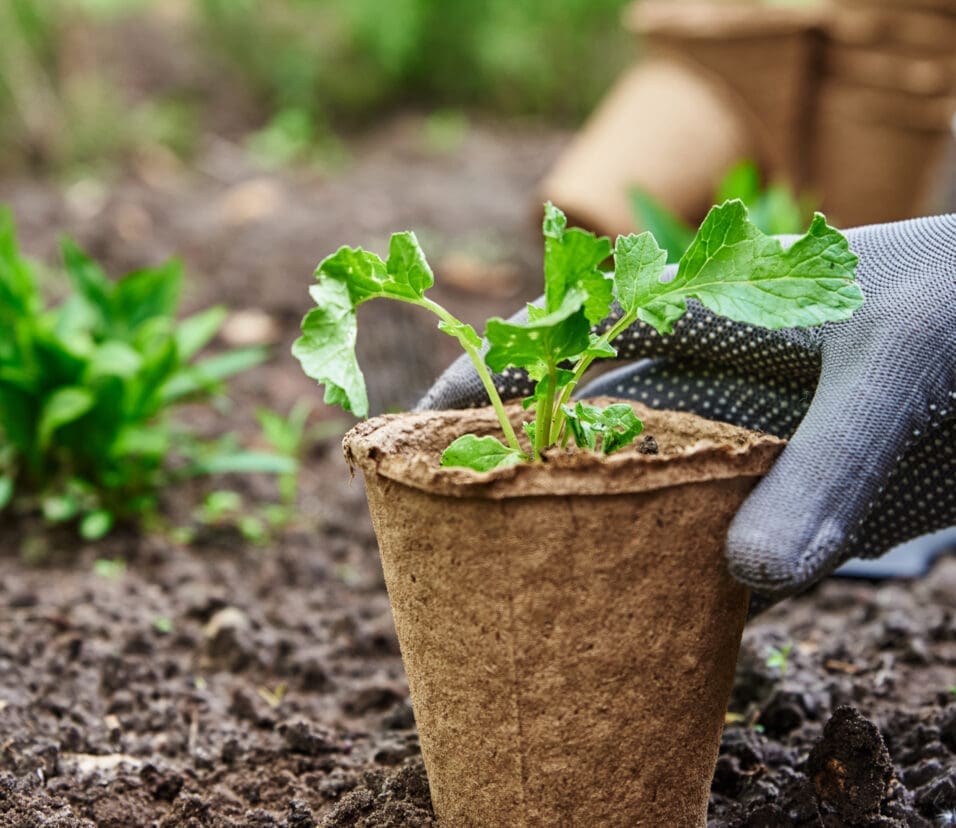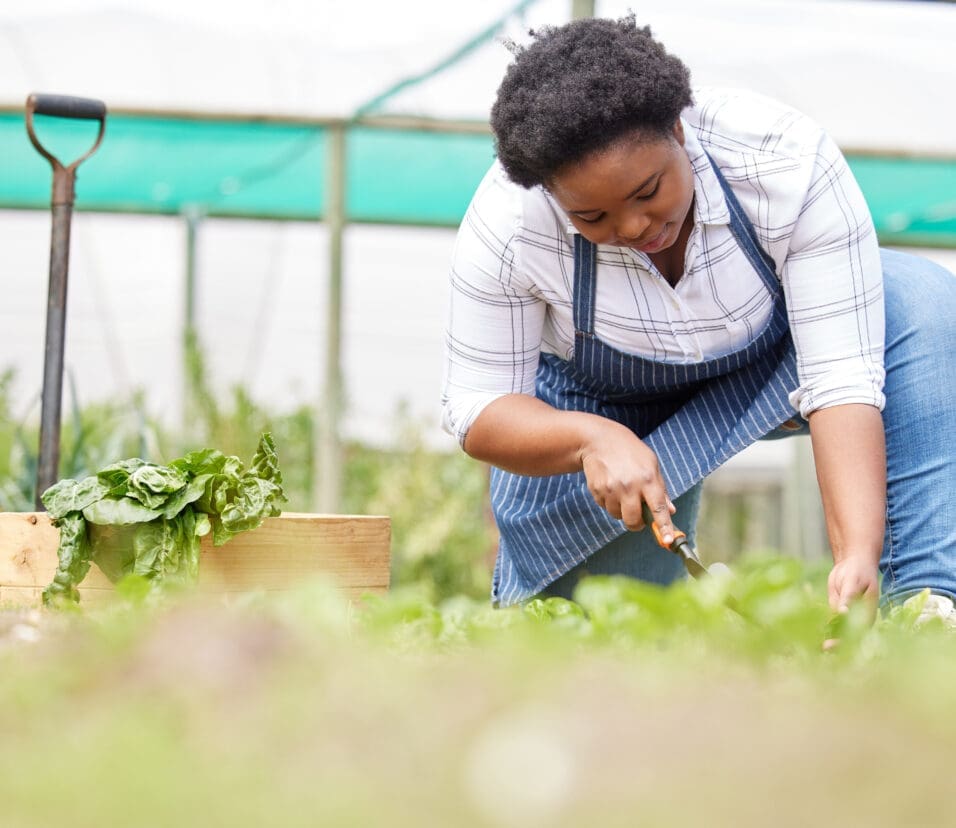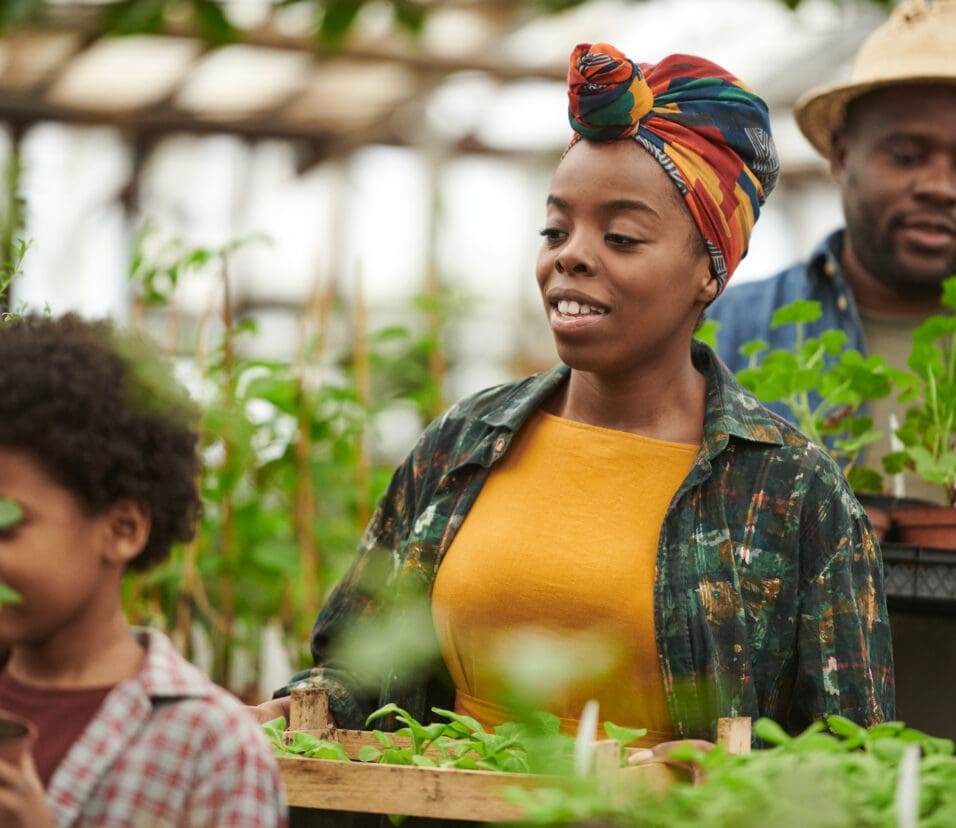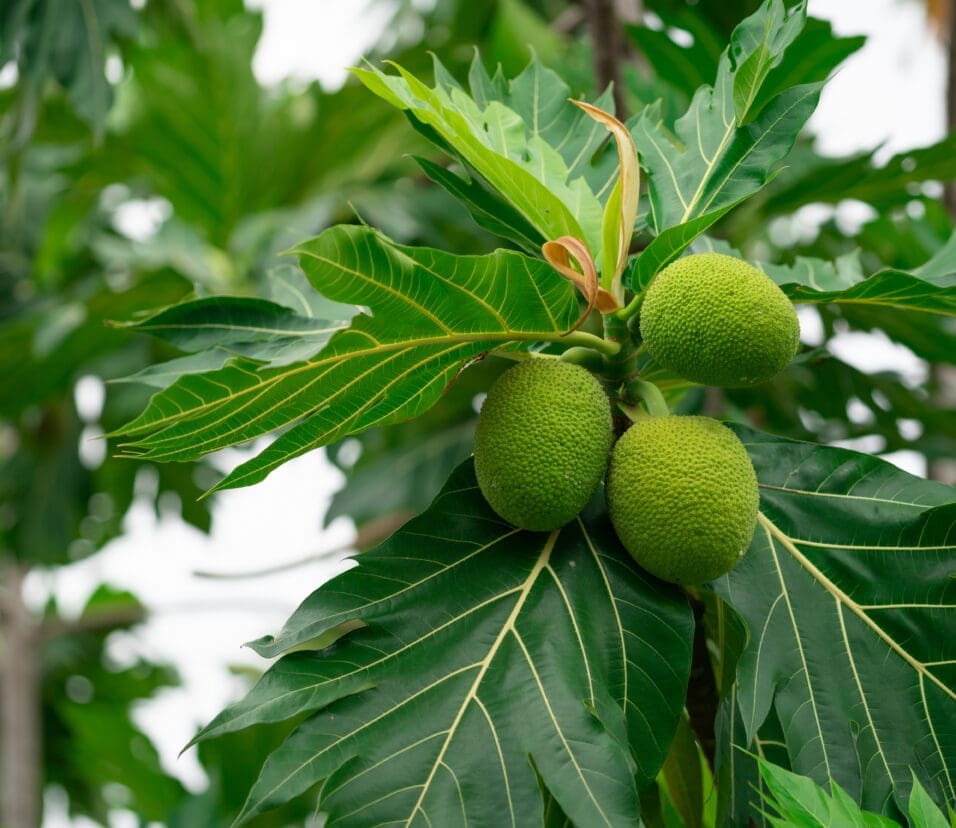Farmers have always had to contend with the forces of nature. They’ve had to deal with droughts, floods, and pestilences. But in recent years, those forces have become more extreme and more unpredictable. That’s because the climate is changing, and farmers must change with it, to protect their business.
What Exactly is Climate Change?
Climate change refers to a broad range of environmental changes that are predicted to occur as a result of increasing levels of greenhouse gases in the atmosphere. These changes include rising temperatures, changes in precipitation patterns, sea level rise, and more extreme weather events.
It is a reality that is affecting us all. Its impact is far-reaching, and its effects are being felt in all sectors of society. As the world experiences warmer temperatures and more extreme weather conditions, our agricultural system is being affected in a number of ways.
While some of these changes are already being experienced in the Caribbean, they are expected to intensify in the future as greenhouse gas emissions continue to rise.
The Effects of Climate Change on Crop Production
In recent years, the variable and changing weather patterns brought about by climate change have begun to take a toll on agriculture, particularly crop production. The most significant effect has been the increased frequency and intensity of hurricanes and tropical storms. These natural disasters have succeeded in causing widespread damage to crops. Flooding has intensified, washing away topsoil and depositing salt water in fields, making them unsuitable for crops. Droughts have also become more common and prolonged, causing water availability to become a major constraint on agricultural production.
The Effects of Climate Change on the Livestock Industry
Many industries have taken steps to reduce their carbon footprint and lessen the environmental impact of their activities. The livestock industry is no exception. Climate change has a significant impact on livestock, both in terms of the animals’ health and the quality of their products. In hot weather, some animals suffer from heat stress, which leads to reduced milk production, fertility issues and higher mortality rates.
Extreme weather conditions persist in damaging crops and pastureland, making it difficult for farmers to provide adequate food for their herds. Furthermore, changes in temperature and precipitation patterns lead to an increased risk of disease outbreak.
Consequently, the livestock industry is facing significant challenges in adapting to a changing climate.
The Effects of Climate Change on Food Prices
Climate change is a complex problem that is having a profound impact on the world’s food supply. As weather patterns become more extreme, farmers are struggling to keep up with the demand for food. Droughts and floods are becoming more prevalent, stunting the growth of crops. At the same time, the price of fuel and transportation is rising, making it more expensive to get food to market. This will have a devastating impact on the most vulnerable members of society who are already unable to afford specific foods.
In addition to affecting the price of food, climate change is also contributing to a decline in the quality of food. For example, warmer temperatures are causing pests and diseases to spread more rapidly. This is leading to lower crop yields and poor quality produce; resulting in families paying more for food, while also getting less for their money.

How Farmers can Adapt to a Changing Climate
Extreme weather events are becoming more common, with droughts and floods decimating crops and livestock. Even when the weather is milder, it’s often erratic, making it difficult to plan for planting and harvesting.
To adapt to these conditions, it is crucial for farmers to make changes to the way they operate. They must become more efficient in their use of resources, and adopt new technologies which will help them deal with a changing climate.
Here are some specific ways that farmers can adjust to climate change:
- Use less water – One of the most important resources for farmers is water. But as droughts become more common, water is becoming increasingly scarce. To adapt, farmers must find ways to preserve it. This can be done by planting drought-resistant crops and using irrigation techniques that minimise evaporation.
- Diversify their crops – To make farming more resilient to climate change, farmers should diversify the types of crops they grow. By growing a combination of crops, they help reduce risks of complete failure in the event that one type should fail due to the extreme weather conditions or pests. Diversification also helps farmers to take advantage of changing markets as consumer preferences evolve.
- Adopt new technologies – There are many new technologies that can help farmers deal with climate change. These include:
- precision agriculture – which uses sensors and GPS to optimise crop yields;
- solar panels – which provide power for farm equipment
- water-conservation systems – which reduce wastage from irrigation.
- Collaborate with others – In the past, farmers have often been reluctant to collaborate with their neighbours or with government agencies. But as the challenges posed by climate change become more severe, collaboration is becoming increasingly important. By sharing information and resources, farmers make their operations more efficient and better able to withstand extreme weather events.
As global temperatures continue to rise, we’re seeing more extreme weather events that are taking a toll on farming across the globe. Droughts, floods, and heat waves are becoming more common, leading to crop failure and loss of livestock. This is not only having an economic impact on farmers; it’s also contributing to food insecurity around the world. With climate change expected to cause a decline in global food production in the future, it is imperative that we take action to mitigate its effects before it’s too late.


